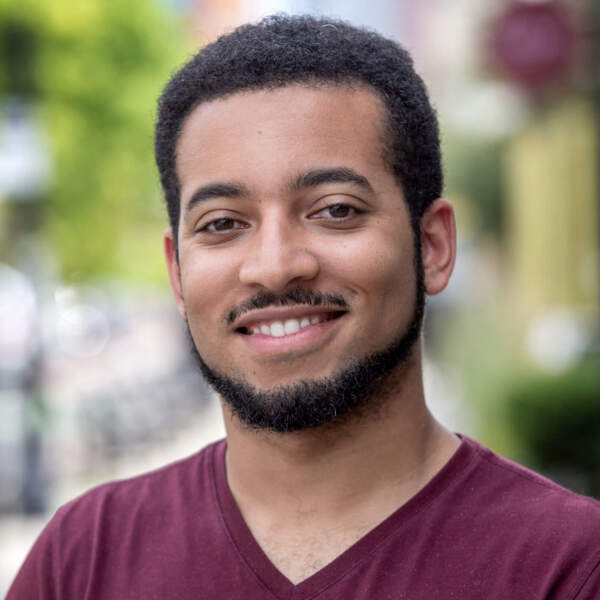Advertisement
'More Training Is Needed' For Doctors To Treat Opioid Addiction, Survey Finds
Only 1 in 4 Massachusetts health care providers received training on addiction during their medical education, according to a new survey, and less than 50% of emergency and internal medicine providers believe opioid use disorder (OUD) is treatable.
The survey — funded by the nonprofit organization RIZE Massachusetts and the GE Foundation, and conducted by the nonprofit Shatterproof — explores how the stigma surrounding OUD affects the way doctors treat patients struggling with addiction. It asked providers with the Massachusetts Medical Society about their perceptions about OUD, barriers to screening and treating OUD, and how to best train physicians to combat stigma about OUD and improve treatment.
"We're facing an epidemic here in Massachusetts with an average of four people dying every day from opioid overdose, and the health care system is our frontline effort in combating this epidemic," said Julie Burns, president and CEO of RIZE Massachusetts. "The findings of the survey are an important first step in understanding where opportunities exist to help providers treat these patients and make it easier for people who are suffering to seek treatment."
The poll found emergency providers are twice as likely, when compared with other specialties, to say methadone treatment for OUD simply substitutes one addiction for another. Emergency providers also feel most strongly that treating patients with OUD takes away time and resources from other patients.
The survey shows doctors with fewer than 10 years of practice are twice as likely to have received addiction treatment training than physicians who have been tenured longer than 10 years.
"I think I was most surprised by the fact that there are practices that really would not embrace caring for patients with substance use disorder," said Dr. Maryanne Bombaugh, president of the medical society and a practicing OB-GYN in Falmouth.
She added: "It hit me that it's very likely that many of us within the past five to 10 years have not been trained to screen for substance use disorder, to treat substance use disorder and to provide ongoing care for this medical condition. That lack of comfort caring for patients with substance use disorder struck me."
Local hospitals are already responding to the survey and are promising to take action to improve their methods.
Advertisement
A coalition of 12 Boston and Cambridge hospitals has pledged to train their providers to better treat addiction, as well as to support employees who are dealing with their own or a family member’s issues related to substance use disorders.
The hospitals are: Boston Medical Center, Brigham Health, Brigham and Women’s Faulkner Hospital, Tufts Medical Center, Massachusetts General Hospital, New England Baptist Hospital, Cambridge Health Alliance, Mount Auburn, Boston Children’s Hospital, Beth Israel Deaconess Medical Center and Carney Hospital.
Bombaugh also cited a program launched in May, the Massachusetts Consultation Service for Treatment of Addiction and Pain, that could deliver much-needed support to longer-tenured physicians with less training in how to treat OUD.
"This may provide that education, that peer-to-peer support consultation, that physicians who have been in practice longer than 10 years can avail themselves of," she said. "It has the opportunity to revolutionize the way patients are cared for with substance use disorder in Massachusetts."
The biggest challenge moving forward, says RIZE's Burns, is getting providers comfortable with treating a very complicated disease in opioid addiction.
"The survey results make clear that more education and training is needed," she said. "I think this is one of those situations where once you measure it, you can manage it. And this we now know where some gaps are and I think that collectively we can work towards filling them."
This segment aired on July 17, 2019.

